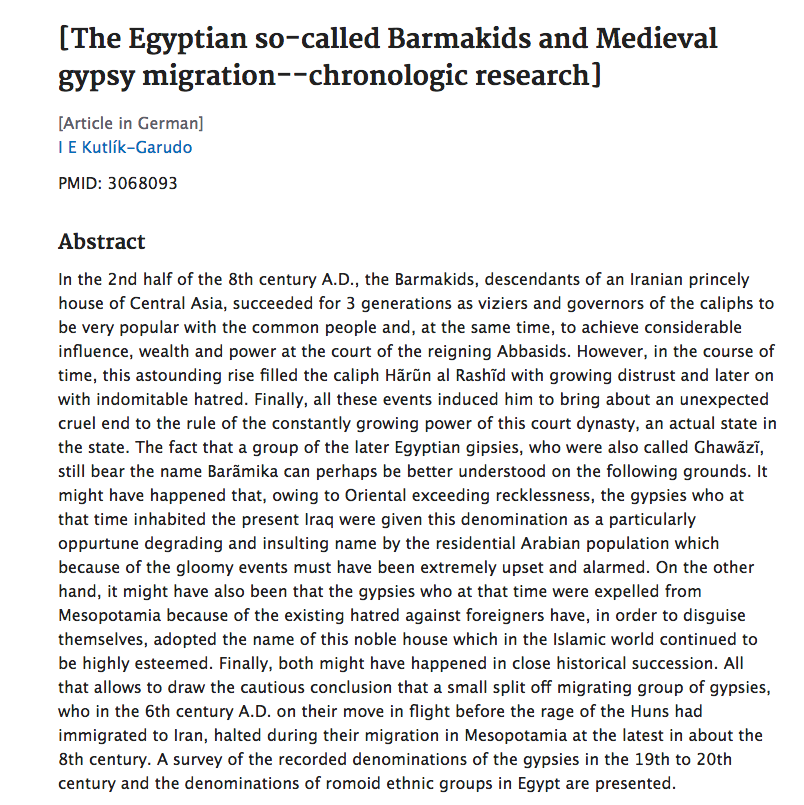Upon reviewing the results of some of my ancestry results, one can easily correlate my Northern African ancestry to that of Southern Italy. The two areas, as well as the Iberian peninsula, Greece, Anatolia (Turkey) were often involved in conflict and trade with one another. In fact, the Moors occupied the island of Sicily from 827 to 1060.
However, one might wonder how I could have such a significant percentage of ancestry from the area around Nigeria. Assuming the tests are correct (their percentages and results change often), it is not surprising since the Moors were also known as Berbers.
https://factsanddetails.com/world/cat55/sub394/entry-5932.html
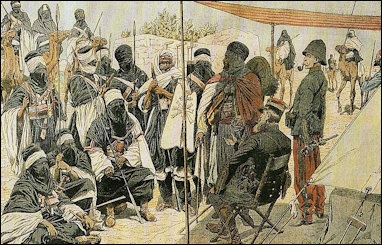
Many ancient terms for people were generalizations made by the historians of conquering natinos and tribes. Much like the Basque of Spain, the actual origins of the Berbers remains unknown. Though there are theories that the Basque and Berbers are actually connected in some way.
There are also many assumptions about how the people of Africa look. Non-Africans must keep in mind that the continent has had exposure from all parts of the globe, and there are many peoples and tribes living amidst each other.
Given the unknown origins of the Berber and Basques people, another potential origin is that people actually originate along the Mediterranean and spread further both into Europe, Asia and Africa. While we do not know a great deal about pre-dynastic Egypt, that country and the Levant could be the true cradle of humanity from which these tribes spread. The Kalash people of Pakistan are said to be the descendants of Alexander the Great.
And a 2012 genetic study found that the Romani people of Europe are descended from people of Northwest India-the Doma (or “the Dom”). Suprisingly, the indigenous of Argentina call the oneness they develop with their horses (horse whisperers), “Doma India.” Could the Romani of Spain emigrated to Argentina with the Spanish expansions into South America? The answer is, of course, but they are not all of Spanish descent.
https://www.bbc.com/news/world-latin-america-41036080
https://www.sciencedaily.com/releases/2012/12/121206121940.htm
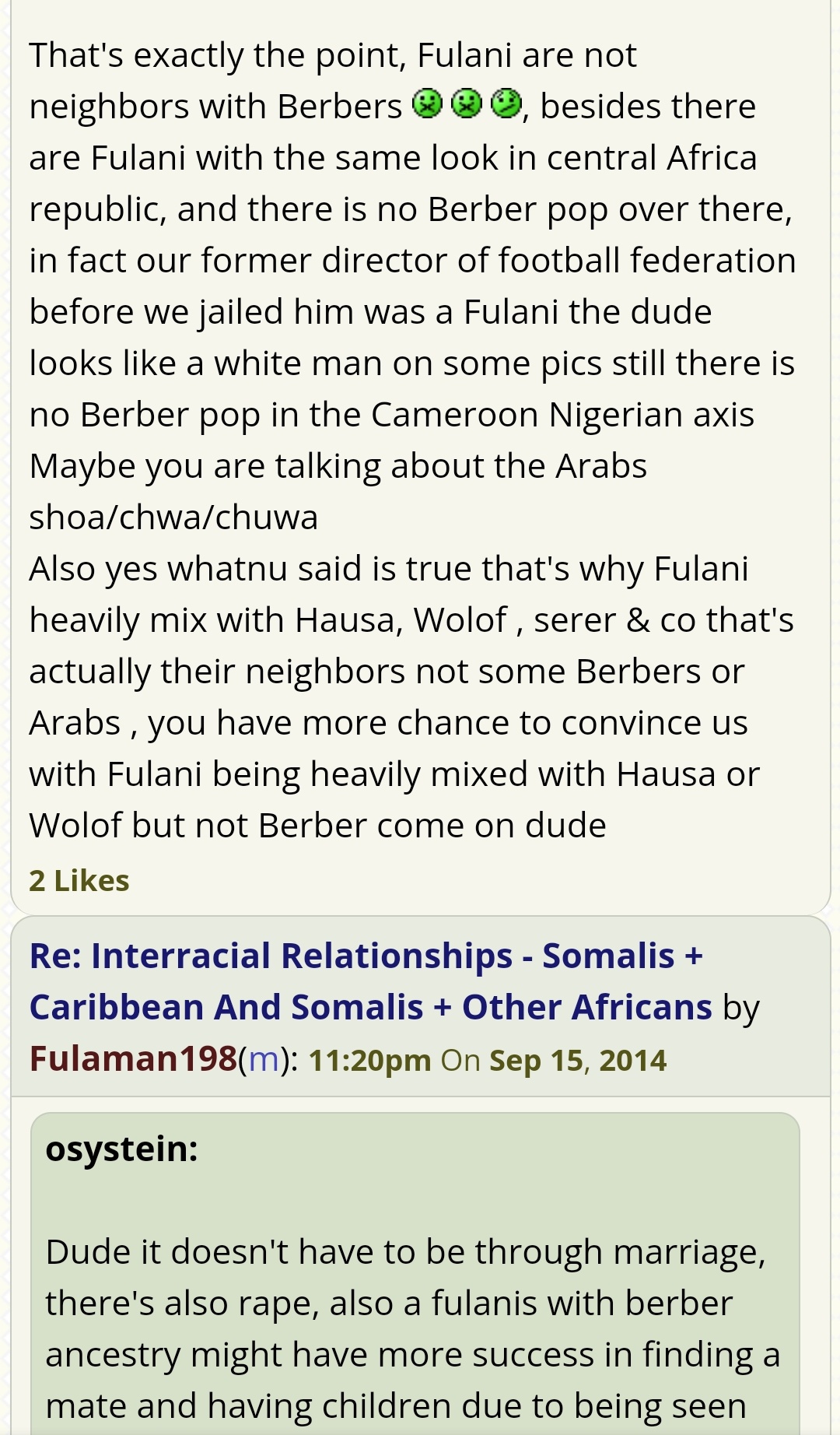
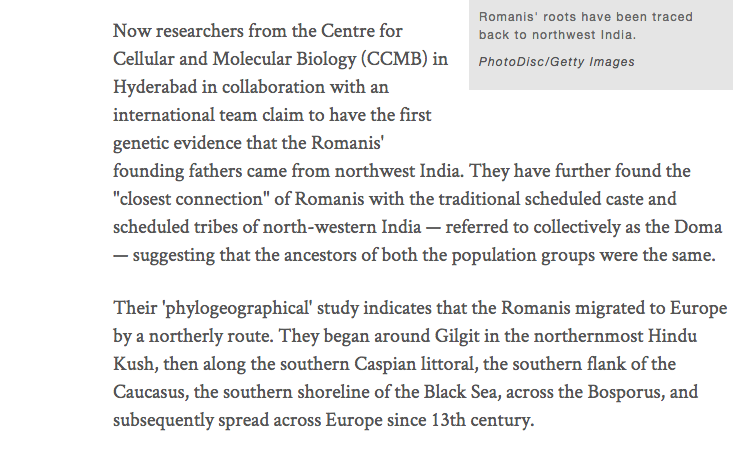
It would be of note if this status of “untouchable” originated with the disfavor of someone among the Iranian princely order.
Etymologically speaking, however, the word Dravidian has similar roots to the Gaulish “Druid.” In such, there could be some ancient magical or religious reason they were treated as outcasts. If the Gauls are related to Goidel of the Milesians. then the Romani, the Gitano, Doms, etc. are all part of the Milesian hatred and hunting of a particular people, tribe or ability that was made most famous with the battles against Tuatha de Danaan. Note that Dama and Dana have a linguistic similarity.
Although a stretch, one could look at the Proto-Indo-European “dṓm” as it relates to the formation of doma and dana to mean “house” or “home.” While the Proto-Indo-European “tua” means “your.” Given this context, the Milesians/Melesians might have been trying to run off or destroy a race or races of people who were the original inhabitants of particular lands or even this planet.
While the Melesians have long since been thought to have originated from Egypt, which would make sense given the references to the Tribe of Dan and event the Egyptian origin of other “magical” peoples, such as the Romani, there are several other contenders for the origin of the Melesian people. First, we look at the origins of the word “mele” or “meles.” The word could mean “honey,” “Greeks,” or “of the river/sea.” “Danu” is also the name of a river and the word, “mele” does have links to the Iona region/river. In ancient Iona, there is a region/town known as Miletus. Given this, it be that the free Fir Bolg gathered a resistance to re-take Ireland and hunt down the Tuatha de Danaan that defeated them. And this is all hypothesis and conjecture.
DNA tests seemed to show that modern Irish have genetic resemblance to Basque. Speaking in mythological terms, the relative isolation of Basque people could also explain the defeat of the Tuatha de Danaan magically. They were simply unfamiliar with the type of magic being performed and could not adequately defend against it. Many countries have ties to honey, including India. The magic being used against the Tuatha de Danaan could have derived from the Malay Peninsula, as Malaysia is known for its unique craft. Given the etymological similarities and the legends of an Egyptian princess in Ireland and Scotland, it is likely that the Tuatha de Danaan were followed by another tribe throughout Egypt, India and Europe. It would not be surprising if their descendants still unknowingly face the hunting and discrimination to this day, much like the Doma and Romani peoples.
https://vamzzz.com/blog/basques-witch-cult/
https://www.nature.com/articles/5201482
There are historical accounts that the Melesians may have been led by one known as Milid. An ancient Hittite compound, the etymology of the word is melid or milit, which means honey. However, I believe this reference is to Gurgan Milad. Milad was the descendant of Kay Khosrow-an ancient king. The Cup of Khosrow (Cup of Jamshid or Jam) was a cup said to hold immortality and be used for divination. One might liken it to the Holy Grail. That would certainly be a cup worth fighting for, as would new fertile land. And this would be particularly true if the land was held by those considered outcasts or unworthy. Given the danger of their caste and any magical object they may or may not have, the people would likely have to become nomadic for their own survival. Any objects, much like ancient texts, would have to be hidden or passed from group to group during their travels. This, along with any residual hatred, would explain why certain tribes and people would be hunted. But what if the battle for Ireland had to do with the Egyptian princess? What if she was not the warrior queen coming to take the country but was an exiled or taken queen, like Helen? Or what if they were hunting the descendants of the person who destroyed Persepolis-Alexander the Great.
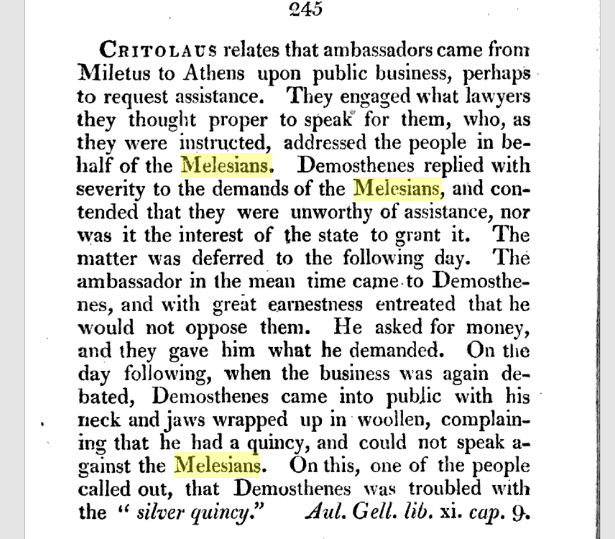
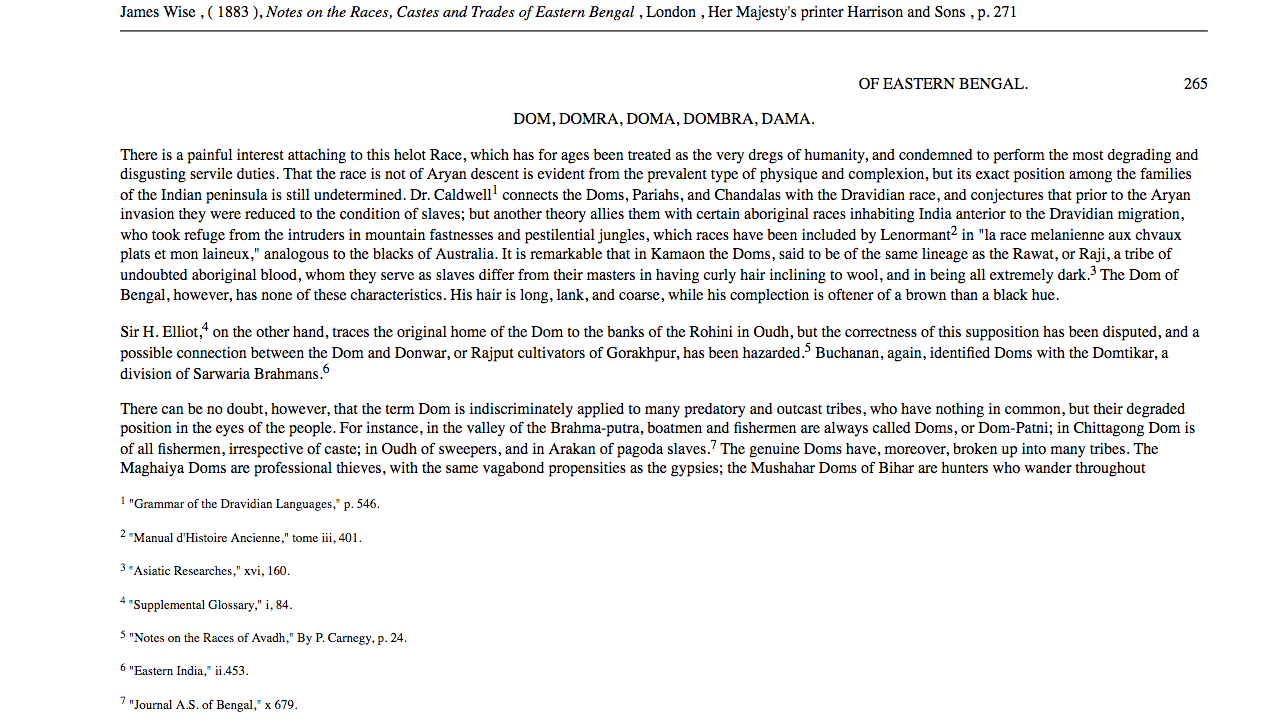



Additional Resources
https://mytindy.com/blogs/mytindy-blog/the-mystery-behind-amazigh-symbols-on-your-berber-handicraft
https://greekreporter.com/2021/09/08/tribe-of-alexander-the-great-descendants-in-pakistan-in-danger-of-extinction/
Another interesting nomadic tribe with ties to Northern Africa are the Gitanos. The word, “Gitano,” means Egyptian.
https://historyofyesterday.com/the-history-of-the-gypsies-bb324c6926cc
https://www.livescience.com/55578-egyptian-civilization.html


